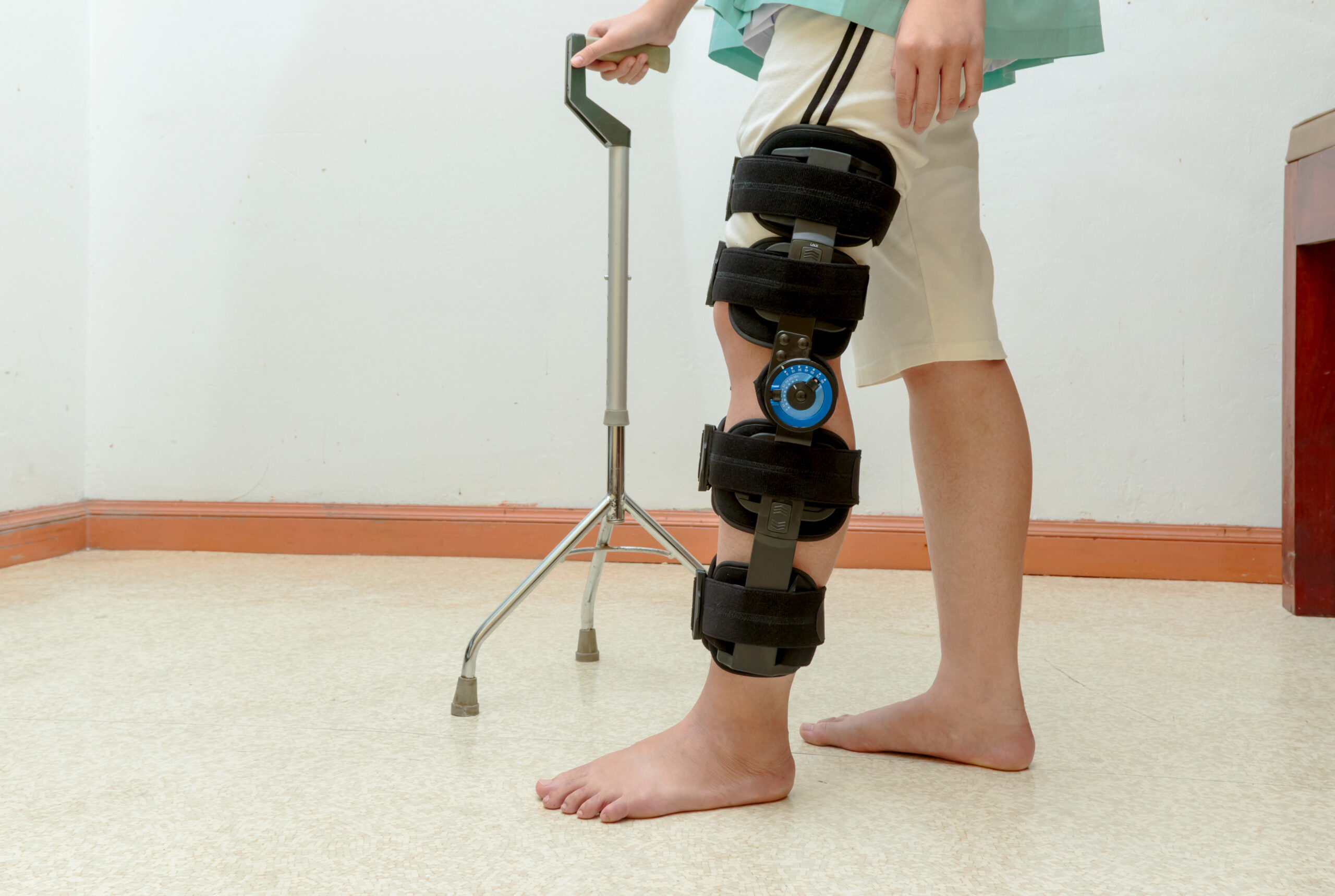
19 Apr How to Properly Execute Post Surgery Rehabilitation
After a successful surgery, you probably want to get back to your daily life activities immediately, but this isn’t always possible. Before patients return to any routine activities, they need some post-operative rehabilitation services to restore their strength, balance, and mobility.
Physical therapy is usually necessary for various surgical procedures, including cardiac, orthopedic, joint, neurological, thoracic, and abdominal surgery.
Physiotherapists and other specialists at Advance Physical Therapy & Rehabilitation will perform several exercises and treatments to prevent various complications and accelerate patients’ recovery. Read on to learn more about post-operative rehabilitation.
Who Needs Post-Surgical Rehabilitation?
You’ll benefit from a post-operative rehabilitation or a physical therapy program if you’ve undergone a medical operation and are experiencing any of the following issues:
- Stiffness
- Pain
- Muscle or joint weakness
- Reduced balance and coordination
- Inability to walk
- Reduced independence
- Low exercise tolerance
An operation can have physical and psychological effects that could undermine a patient’s recovery, leaving the patient anxious and frustrated. A physical therapist will perform a comprehensive assessment and work with each patient to create a rehab strategy to strengthen their body and help them heal fast without compromising their safety.
6 Ways You Can Benefit from Post-Operative Rehab and Physical Therapy
Whether you’re having spine surgery, a hip replacement, open-heart treatment, or any other kind of medical surgery, physical therapy will help you in several ways, including accelerating the healing process and helping you learn the best ways to care for yourself.
These are some of the major benefits of post-operative rehabilitation:
Relieve Pain and Swelling
Swelling is normal during the healing process after surgical treatment, but the severity varies significantly from one patient to another. Excessive inflammation compresses the nerves following the release of chemicals that stimulate nerve endings, resulting in debilitating pain after surgery.
Physical therapy includes exercises and movements that help ease swelling, promote healing, and enhance mobility, which eases overall pain.
Improved Mobility
Surgery may limit your range of motion temporarily. If you struggle with movement after having surgery, physical therapy can help. Your therapist may recommend assistive devices such as crutches and canes to help you walk and ensure your safety during recovery, depending on your specific needs.
Prevent Scar Tissue Formation
Scarring can occur after an injury or surgery on any area of the body, and too much scar tissue can limit function and movement for several months after the procedure. Physical therapists perform various tissue mobilization techniques to soften scar tissue and restore normal flexibility. Common rehabilitation techniques include massage and ultrasound therapy.
Enhanced Muscle Function
Regular physical therapy is an effective remedy for muscle stiffness and tension. Your doctor can recommend a series of stretching exercises to improve your muscles’ function, restore your muscle strength, and increase your endurance. The doctor will tailor these exercises to your condition to ensure a safe recovery.
Reduced Risk of Complications
After surgery, you risk developing complications such as post-surgery bleeding, infection, movement limitation, and hardware malfunction. A physiotherapist can help reduce the chances of experiencing complications, limit stress, and protect you from short- and long-term health issues.
Speed Up Healing Process
Your therapist can conduct various non-invasive and drug-free treatments to enhance your body’s natural healing ability after an injury or surgery. By relieving pain and minimizing the chances of complications, your doctor can accelerate the recovery process, helping you restore and optimize your strength, balance, endurance, range of motion, and general body function as fast as possible.
What to Expect During Post-Operative Rehabilitation
Post-operative rehabilitation encompasses three general phases, as outlined below:
- Once the operation is complete, your body is immobilized as it undergoes a basic healing process. During this period, you can expect swelling to subside and the initial surgical pain to lessen.
- In phase two, your rehab team works with you to create a program involving progressive exercises that will strengthen your body muscles and restore your range of motion and overall balance.
- Over time, you’ll be able to regain your normal level of physical functioning. Complete restoration of your regular physical activities and optimal health is the prime goal of any post-operative rehab program.
Your participation in rehabilitation is critical. According to research, patients who actively participate in physical therapy usually have better results than those who don’t. Working closely with your physical therapist can help you learn which rehab techniques work best for you, resulting in a successful recovery of health after leaving the hospital.
Specialists Involved in Post-Surgical Rehabilitation
Different specialists help with different parts of your rehabilitation to ensure you get back to your normal pre-surgery physical activity as quickly as possible. Here are some specialists you can expect to be on your team:
- Physical therapist: These specialists will teach you exercises to help you restore the strength of muscles and joints and range of motion for your limbs or any other part of your body on which the operation was conducted.
- Physiatrist: These doctors specialize in rehabilitation, and they tailor a rehab program to your specific needs. They also monitor the program to ensure it delivers the expected results.
- Occupational therapists: These specialists help you regain the skills you need for various basic daily life activities, such as cooking, showering, getting dressed, and using the toilet. Occupational therapists will also teach you how to use devices to make caring for yourself more manageable, such as elastic shoelaces and dressing sticks.
- Speech therapist: If you’ve had an operation that affects your brain, you may need speech therapy to help restore your memory and ability to talk and swallow.
- Dietician: You need to eat healthy after an operation to accelerate your recovery process, and a dietician will help you select and plan healthy meals.
- Nurses: If you are spending a prolonged period at the hospital or rehabilitation center, nurses will care for you. They may also visit you at home to ensure you’re recovering well and your transition to everyday life is as smooth as possible.
- Counselor or psychologist: You may feel depressed or stressed after surgery and need a mental health professional to help you deal with your fears and heal quickly.
It can take weeks or months to fully recover from your surgery, depending on your overall health and the type of operation you had. Working closely with your rehabilitation team and following their instructions plays an integral role in your recovery process.
If you’ve had surgery and would like a reliable outpatient rehab team to help you recover quickly, contact Advance Physical Therapy & Rehabilitation immediately for help. We are experts at providing rehabilitation services for patients following a wide range of surgeries without compromising their safety.
We offer both outpatient and inpatient post-operative services. Please call us at (732) 851-7607 or fill out the form on the Contact Us page to schedule an appointment today.




Sorry, the comment form is closed at this time.